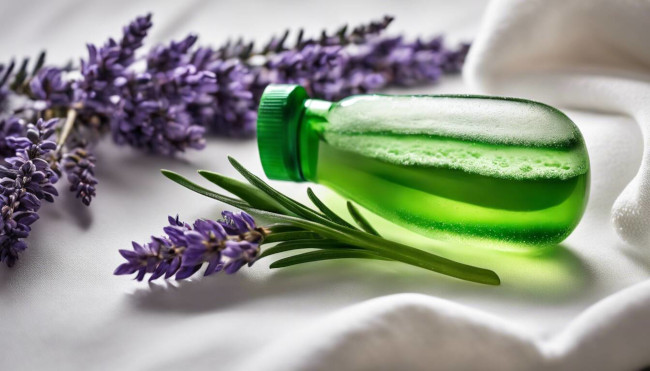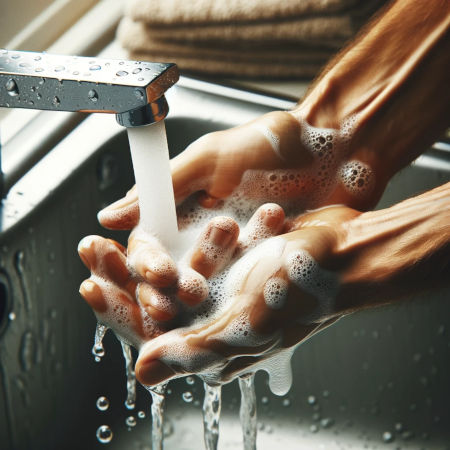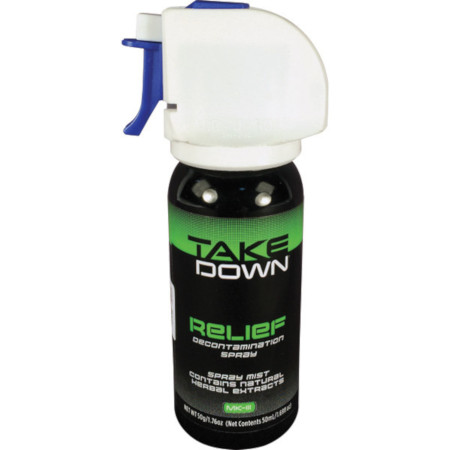How To Get Pepper Spray Off Skin

Accidentally exposed to pepper spray? Whether from personal defense use or an unexpected encounter, the burning sensation can be intense. This guide will show you fast and effective ways to remove pepper spray from your skin and minimize discomfort.
Immediate Steps to Neutralize Pepper Spray on Skin
✔ Avoid Touching Your Face – Pepper spray contains capsaicin, which spreads easily. Rubbing your skin can transfer it to sensitive areas like your eyes and mouth.
✔ Move to Fresh Air – If exposed in a confined space, immediately get to open air to help clear lingering particles.
✔ Flush with Cool Water – Rinse the affected skin with running cool water for several minutes. Avoid hot water, which can worsen the burn by opening your pores.

✔ Use a Mild Soap – Gently cleanse the area with unscented dish soap or baby shampoo to break down the oils in the spray.
✔ Try a Non-Oil-Based Cleanser – Alcohol-free baby wipes or a mixture of baking soda and water can help remove residue.
✔ Do Not Use Lotion or Oils – These can trap the capsaicin and make the burning last longer.
♦ TBOTECH Solution: Take Down Pepper Spray Relief
Best Remedies for Soothing Pepper Spray Burns
✔ Milk or Antacid Solution – Some people find relief by soaking a cloth in cold milk or a mixture of antacid (like Maalox) and water, then applying it to the affected area.
✔ Saline Solution for Eyes – If pepper spray gets into your eyes, flush them immediately with a sterile eye wash or saline solution. Blink rapidly to help remove particles.
✔ Cold Compress – Apply an ice pack wrapped in a cloth to reduce swelling and calm irritation.
✔ Honey or Aloe Vera – These natural remedies can help soothe the skin and reduce inflammation.
♦ TBOTECH Solution: Check Out Our Pepper Spray Collection
⏳ How Long Does Pepper Spray Last on Skin?
Most effects last 30 minutes to 2 hours, but some sensitivity can persist for up to 24 hours. Factors like skin type, exposure level, and method of removal can affect duration.
⚠️ When to Seek Medical Help
If symptoms worsen or last longer than 24 hours, seek medical attention, especially if you experience:
✔ Severe breathing difficulties✔ Swelling that doesn’t subside
✔ Blisters or skin peeling
✔ Vision problems after flushing your eyes
Stay Prepared: Shop Pepper Sprays & Defense Tools
Pepper spray is a powerful self-defense tool, but accidents happen. If you own one, it’s good to know how to handle exposure safely. Stay protected with our selection of top-rated self-defense sprays and gear.
Pepper Spray Decontamination Spray
Remember: Immediate care and proper decontamination can significantly contribute to reducing the duration and intensity of skin reactions post-exposure.
Add your comment now!
Post CommentRecent posts
-
03/12/2025Best Stun Guns for Self-Defense in 2025
-
03/11/2025How to Prevent Kidnapping – Top Safety Tips
-
03/11/2025What Do Rapists Look For? 10 Red Flags to Avoid

